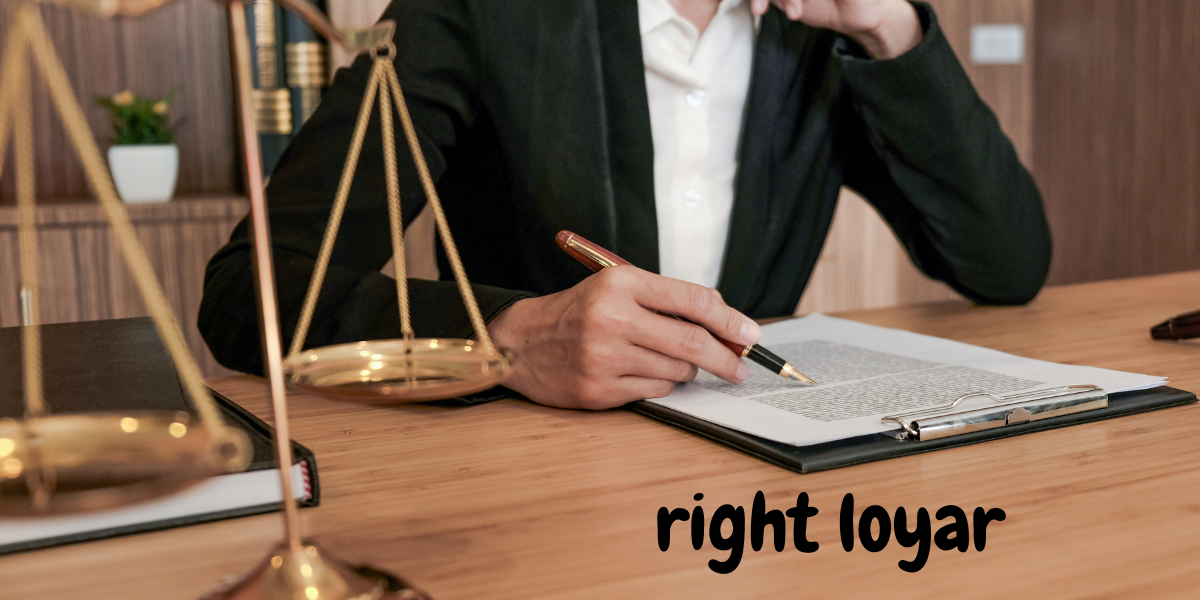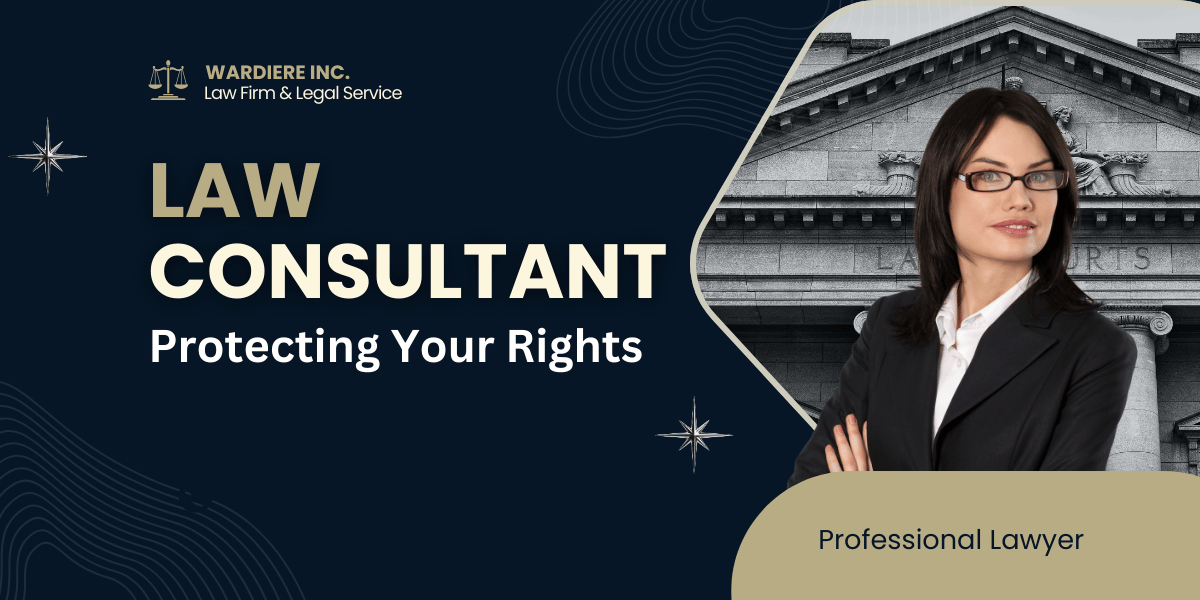It can be likened to a haystack search when trying to find the ideal attorney. But, if you know where to look and what to look for, you can streamline the process and find a legal advocate who will represent your interests effectively. Let’s dive into a step-by-step guide to help you find the ideal perfect lawyer for your case.
Understanding Your Legal Needs
Before you start your search, it’s crucial to identify the type of legal issue you’re dealing with. Is it a personal injury case, a family law matter, or perhaps a business-related issue? Knowing the specifics of your case will help you determine the type of lawyer you need. Each legal specialty requires a different skill set and knowledge base, so pinpointing this early on is essential.
Researching Potential Lawyers
Thanks to the internet, researching potential lawyers has never been easier. Start by browsing online resources such as legal directories, law firm websites, and social media profiles. Websites like Avvo, Martindale-Hubbell, and the American Bar Association can provide valuable insights. Don’t forget to ask friends, family, or colleagues for personal recommendations – word-of-mouth referrals can often lead you to excellent lawyers.
Evaluating Qualifications
When evaluating potential lawyers, look at their education, certifications, and professional experience. A lawyer with a solid educational background and relevant certifications in their specialty area is more likely to provide competent representation. Pay attention to their track record – how many cases have they handled that are similar to yours, and what were the outcomes?
Reading Reviews and Testimonials
Client reviews and testimonials offer a window into a lawyer’s practice from those who have experienced it firsthand. Look for patterns in feedback – if multiple clients mention the lawyer’s excellent communication skills or their success in court, these are good signs. Sites like Google Reviews, Yelp, and specialized legal review platforms are great places to start.
Scheduling Consultations
Most lawyers offer a free initial consultation. Use this opportunity to gauge their suitability for your case. Prepare a list of questions to ask during these meetings, such as their experience with similar cases, their approach to legal strategy, and their fee structure. This will enable you to determine if they’re a good fit or not.
Assessing Communication Skills
Effective communication is critical in a lawyer-client relationship. Observe how clearly the lawyer explains legal concepts and how promptly they respond to your queries. A lawyer who communicates well will help you understand the complexities of your case and keep you informed throughout the process.
Considering Costs and Fees
Legal services can be expensive, so it’s important to understand how different lawyers charge for their services. Some may work on a contingency fee basis (especially common in personal injury cases), while others charge hourly rates or flat fees. Discuss the fee structure upfront and inquire about any additional costs to avoid surprises later on.
Evaluating Compatibility
Working with your lawyer should be a comfortable experience for you. Personal rapport and aligned values can significantly impact your case’s outcome. During consultations, pay attention to whether the lawyer listens to your concerns, respects your views, and seems genuinely interested in helping you.
Checking Professional Standing
Ensure that any lawyer you’re considering is in good standing with their state bar association. You can usually verify this online. Additionally, check if they have any history of disciplinary actions. A clean professional record is a strong indicator of a lawyer’s reliability and ethics.
Trusting Your Instincts
Sometimes, your gut feeling can be a powerful decision-making tool. If something feels off about a lawyer, it might be worth considering someone else. Conversely, if you feel confident and reassured by a lawyer, that’s a good sign you’re on the right track. Balance your instincts with the factual information you’ve gathered.
Making the Final Decision
Weigh all the factors you’ve considered – qualifications, reviews, communication, costs, compatibility, and professional standing. This holistic approach will help you make a well-informed decision. Once you’ve chosen a lawyer, confirm your choice and proceed with the hiring process.
Hiring Your Lawyer
Officially hiring a lawyer involves signing an engagement agreement, which outlines the terms of your working relationship. Before signing, make sure you have carefully read this document and understand all of the terms. This agreement typically covers the scope of work, fee structure, and other essential details.
Building a Strong Lawyer-Client Relationship
Once you’ve hired a lawyer, focus on building a strong working relationship. Set expectations early on and create clear channels of communication. Regular updates and honest communication will help ensure that both you and your lawyer are on the same page throughout your case.
Conclusion
Finding the perfect lawyer might seem daunting, but by following these steps, you can simplify the process and make a choice with confidence. Remember, the right lawyer can make a significant difference in the outcome of your case, so take the time to choose wisely.
FAQs
Q. How long does it typically take to find a good lawyer?
The time it takes to find a good lawyer varies. It can range from a few days to several weeks, depending on the complexity of your case and the availability of suitable candidates.
Q. What should I bring to my first consultation?
Bring all relevant documents, such as contracts, court papers, or medical records. Also, prepare a list of questions and a brief summary of your case to discuss during the consultation.
Q. How do I know if a lawyer is reputable?
Check their professional standing with the state bar association, read client reviews, and look for any history of disciplinary actions. Personal recommendations can also be a reliable indicator of a lawyer’s reputation.
Q. Can I switch lawyers if I’m not satisfied?
Indeed, if you’re unhappy with your current attorney, you can choose a new one. However, consider any contractual obligations and the potential impact on your case before making a change.
Q. What if I can’t afford a lawyer?
If you can’t afford a lawyer, look into legal aid services, pro bono programs, or low-cost legal clinics in your area. Some lawyers also offer flexible payment plans.



